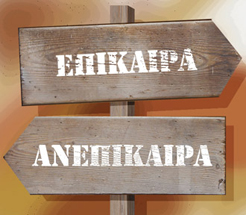

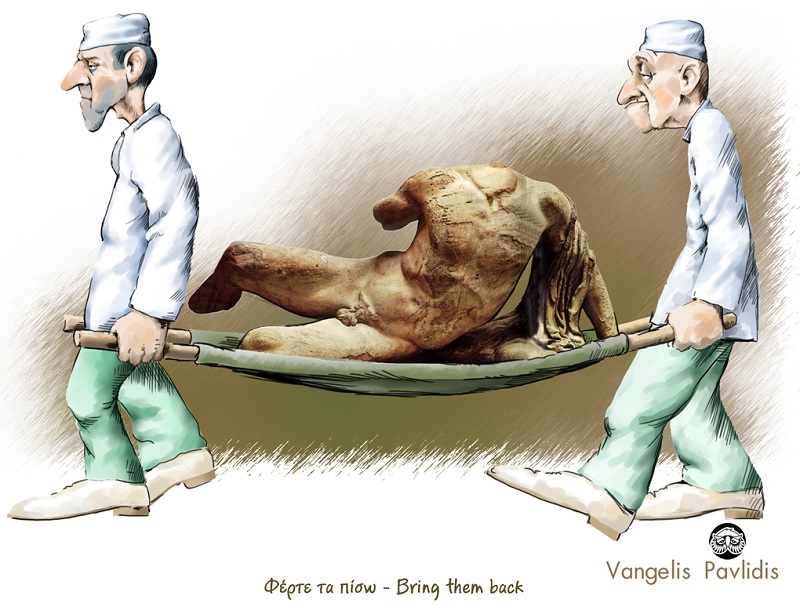
Το θέμα του επαναπατρισμού των γλυπτών του Παρθενώνα δεν είναι βέβαια καινούριο, ξεχνιέται και επανέρχεται κάθε λίγο και λιγάκι με λιγότερη ή περισσότερη ένταση. Την φορά αυτήν αφορμή δόθηκε απο σχετική ερώτηση προς την Κομισιόν του ευρωβουλευτή του ΣΥΡΙΖΑ Στέλιου Κούλογλου, που συνδέει το θέμα με το Brexit. Το άρπαξε ο ξένος τύπος, ιδιαίτερα ο Βρετανικός, κι έχει τώρα ξεκινήσει ένας γύρος απο σχόλια, υπέρ ή κατά.
Παλαιότερη ανάρτησή μου (13.7.2016) είναι χαραχτηριστική του πώς το θέμα πάει κι έρχεται και του πώς δεν είναι η πρώτη φορά που αυτό συνδέεται με το Brexit . Έλεγα τότε:
Η είδηση έχει ήδη κάνει τον γύρο των ΜΜΕ: μια διακομματική ομάδα Άγγλων βουλευτών θα επιδιώξει την επιστροφή των γλυπτών του Παρθενώνα στο σπίτι τους. “Τα θαυμάσια αυτά έργα τέχνης αποσπάστηκαν και πριονίστηκαν βάρβαρα απο τα ερείπια του Παρθενώνα… η Βουλή πρέπει να ακυρώσει αυτό που έκανε πριν 200 χρόνια”, είπε ο Φιλελεύθερος Δημοκράτης βουλευτής M. Williams.
Καλά τα νέα για μας, κάθε βοήθεια είναι ευπρόσδεκτη. Είναι όμως αλήθεια πως ακόμα και οι καλύτερες των προθέσεων σούρνουν σχεδόν πάντα και μια ουρίτσα. Λένε λοιπόν οι πρωταγωνιστές της κίνησης αυτής πως η επανένωση των γλυπτών του Παρθενώνα θα μπορούσε να κερδίσει διπλωματικούς “πόντους” υπέρ του Ην. Βασιλείου στην διαπραγμάτευση του Brexit. Ο πρόεδρος της “Οργάνωσης για την Επανένωση των Γλυπτών”, Andrew George είπε πως η υπόθεση της επιστροφής των γλυπτών έχει κερδίσει πολλούς οπαδούς απο την ημέρα του δημοψηφίσματος για το Brexit.
Τι μας νοιάζει εμάς; Ας έλθουν πίσω τα κλεμένα κι ας κερδίζουν οι Βρετανοί διαπραγματευτικούς “πόντους” στην ευρώπη.
ΥΓ. Το 2011, χαριτολογώντας ο κύριος Κάμερον είχε πει “Britain is not going to lose its marbles”. Marbles βέβαια σημαίνει “μάρμαρα”. Τυχαίνει όμως να υπάρχουν και άλλες, μεταφορικές, έννοιες. Marbles, σημαίνει και “βώλοι”, μπίλιες. Σημαίνει και “μυαλά” -“He lost his marbles”, τά ‘χασε, τρελλάθηκε. Σημαίνει όμως και… πώς να πω… αυτά που ο Ζουράρις αποκάλεσε “μέζεα”. Τώρα, τι απ’ όλα αυτά έχασε η Βρετανία και ο Κάμερον με το Brexit το αφήνω στην κρίση σας.
The discussion about the return, the re-patriation, of the Parthenon Marbles, now in the British Museum, is not new. For many years it comes and goes over and over again with varying intensity. This time it all started when a Greek member of the European Parliament for the governing SYRIZA party, has claimed that EU treaty law means that the European Commission Brexit negotiators include and provide for the protection of European cultural heritage. The foreign Press, especially the British, were quick to pick up the matter that is now making the rounds of European media.
An earlier post of mine (13.7.2016) is characteristic of how this issue comes and goes and that it is not the first time it is linked to Brexit.
I had written then:
A bill prepared by a group of cross-party MPs in the UK will seek to return the Parthenon
Marbles to Greece 200 years after they were removed from the Athens Acropolis, according to a report in the British press. “These magnificent artefacts were improperly dragged and sawn off the remains of the Parthenon”, Liberal Democrat MP Mark Williams was quoted by the Independent as saying, “This bill proposes that the Parliament should annul what it did 200 years ago.”
Well, this is good news indeed for Greece and every help is gratefully welcome. However, it often happens that even the best of intentions have a little tail attached to them.
Campaigners say allowing the reunification of the sculptures kept in London with those still in Athens could be a diplomatic coup for the UK as it negotiates Brexit, and Andrew George, chair of the British Association for the Reunification of the Parthenon Sculptures, said the case for returning the sculptures was stronger following the Brexit vote.
What do we care? We don’t – I don’t- let the sculptures return home and let the Brits use it as an argument in their favor as they negotiate Brexit.
PS. In 2011, Δavid Cameron joked, predictably, that Britain was not going to “lose its marbles”.
* Το άρθρο απηχεί τις απόψεις του συντάκτη του.
The article expresses the views of the author
iPorta.gr



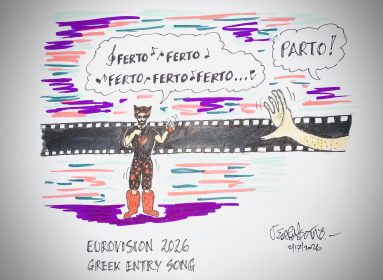

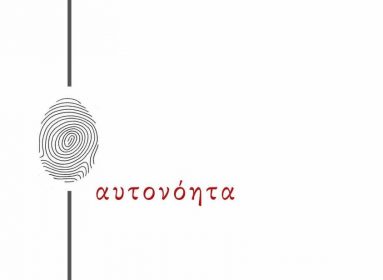
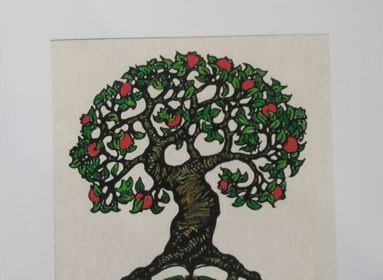
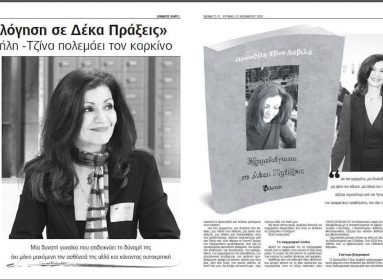
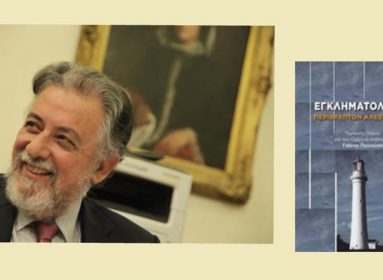
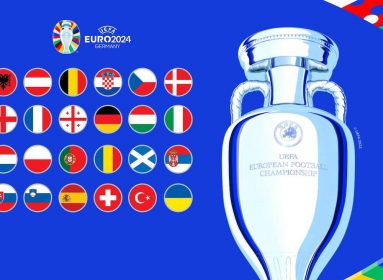








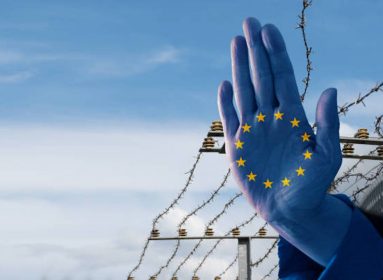










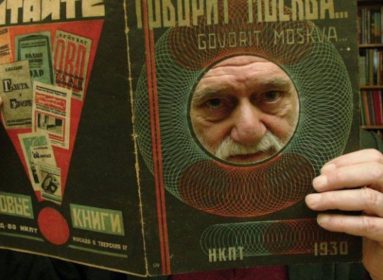
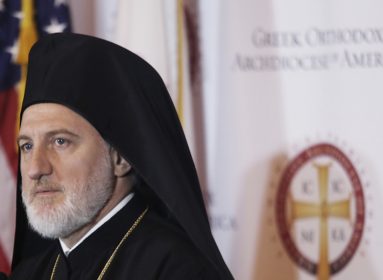


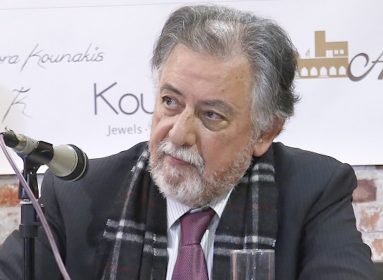






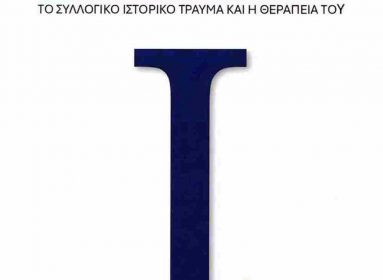
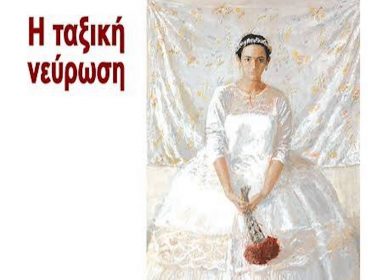
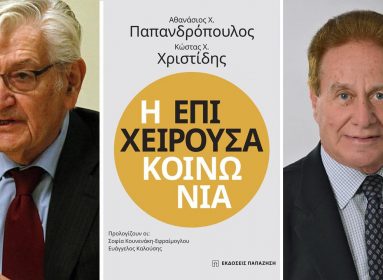
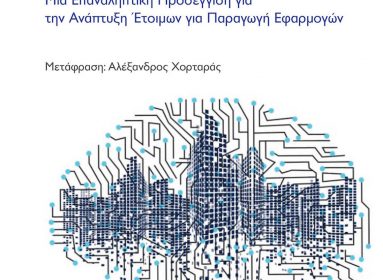








 Το σκίτσο είναι του Βαγγέλη Παυλίδη
Το σκίτσο είναι του Βαγγέλη Παυλίδη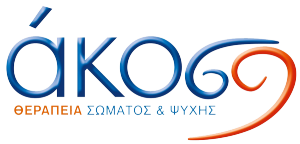
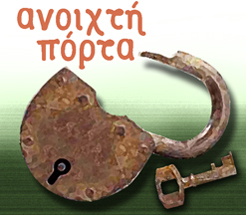
 Στηρίξτε-Ενισχύστε την iΠόρτα με τη δική σας χορηγία…
Στηρίξτε-Ενισχύστε την iΠόρτα με τη δική σας χορηγία…